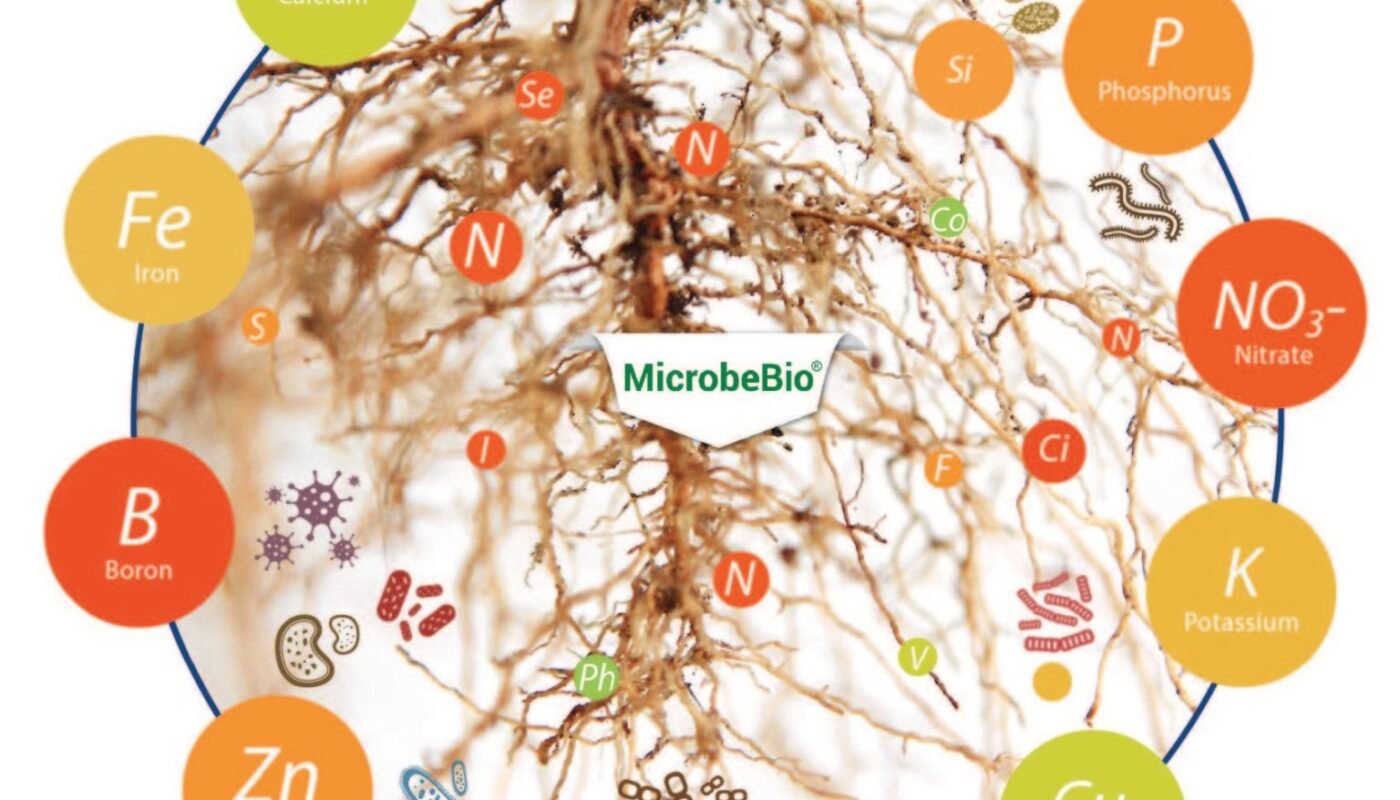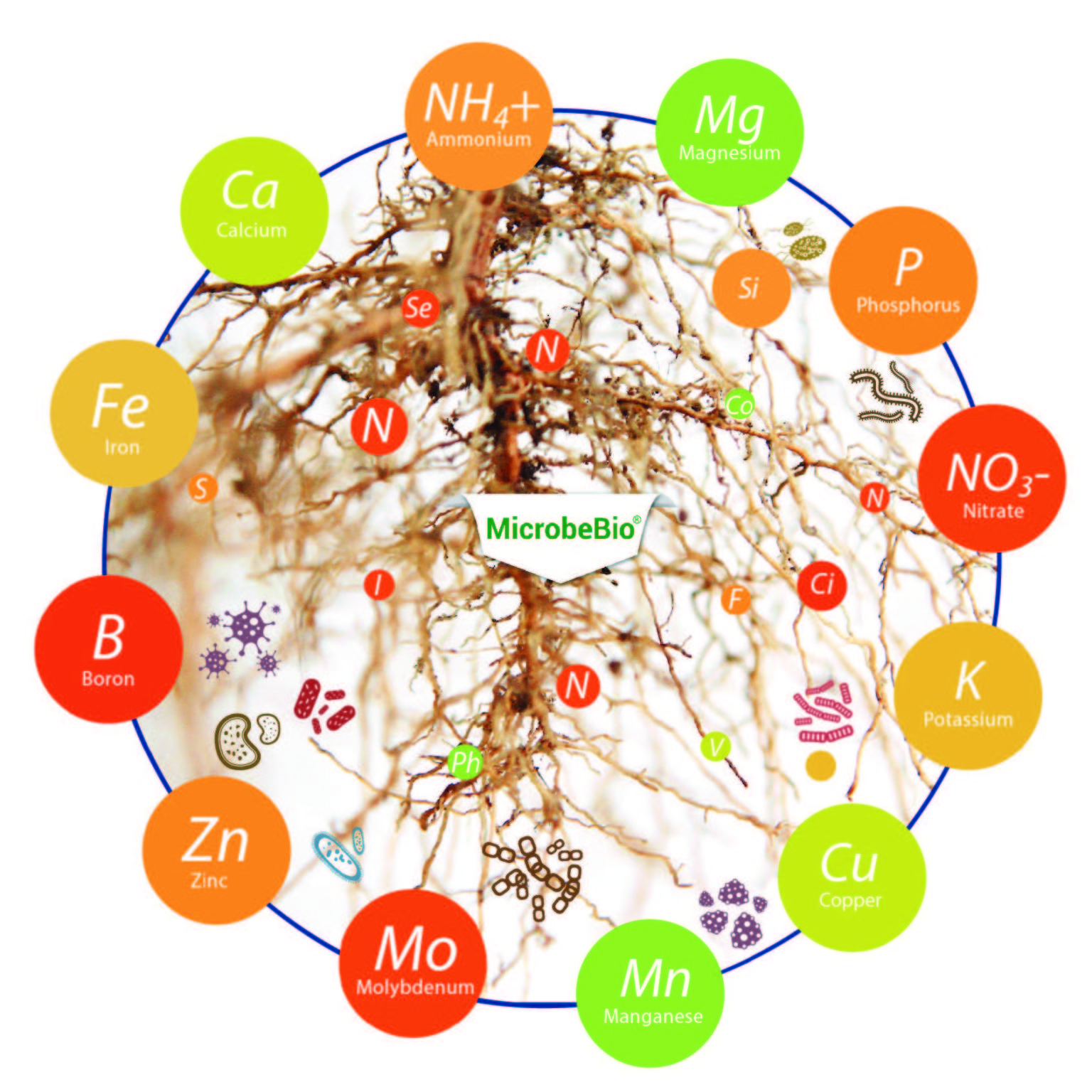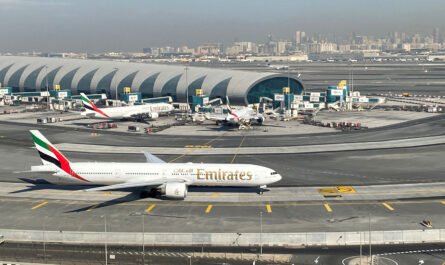Driven by a commitment to environmental responsibility and long-term agricultural viability, UAE farmers are adopting sustainable practices to produce a significant amount of organic fertilizer annually. This initiative, targeting a production of 200 tons of organic fertilizer per year, represents a significant step towards reducing dependence on chemical fertilizers and fostering a more ecologically friendly agricultural sector in the region.
The UAE’s arid climate and reliance on desalinated water for irrigation necessitate innovative solutions to ensure agricultural sustainability. The use of organic fertilizers, derived from plant and animal waste, offers a multitude of benefits. Organic fertilizers not only enrich the soil with essential nutrients but also improve water retention, leading to reduced irrigation requirements. This is particularly crucial in the UAE’s water-scarce environment.
The production process for organic fertilizer involves composting organic materials such as manure, crop residue, and food waste. Farmers in the UAE are increasingly incorporating composting techniques into their operations, recognizing the potential of transforming waste into a valuable resource. This approach not only reduces landfill waste but also creates a closed-loop system, where agricultural byproducts are efficiently recycled back into the farm, minimizing the environmental footprint.
Furthermore, organic fertilizers promote the growth of beneficial soil microbes. These microbes play a vital role in maintaining soil health and fertility, enhancing plant growth and resilience to pests and diseases. By nurturing a healthy soil ecosystem, organic fertilizers contribute to increased crop yields and overall farm productivity in the long run.
The UAE government is actively supporting the adoption of sustainable agricultural practices by farmers. Initiatives include providing subsidies for organic fertilizer production facilities, educational programs on composting techniques, and promoting research and development in the field of organic agriculture. These efforts contribute significantly to empowering farmers and accelerating the transition towards a more sustainable agricultural sector.
The UAE’s embrace of organic fertilizer production signifies a broader commitment to environmental stewardship in the agricultural sector. By prioritizing sustainable practices, UAE farmers are not only safeguarding their own livelihoods but also contributing to the nation’s long-term food security and environmental well-being. This shift towards organic solutions paves the way for a future where agriculture thrives in harmony with the environment.





